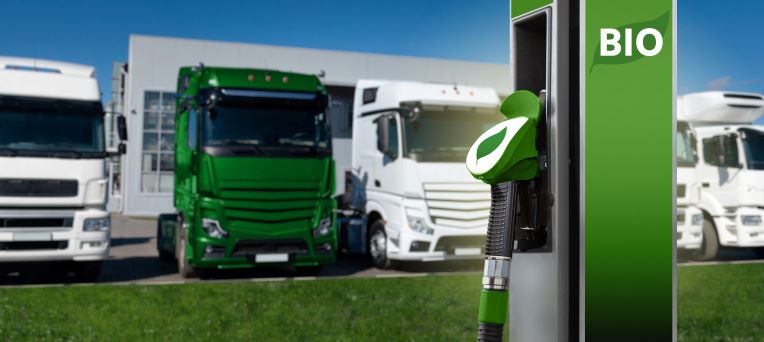Cherbourg Port has handled its 100,000th trailer travelling between Ireland and France, having multiplied its roll-on/roll-off traffic by a factor of three in a year and confirmed its position as market leader.
These results, seen in light of Brexit – which has made this route more competitive compared to the the Ireland-France landbridge route through England – demonstrate the tremendous capacity for adaptation of this port and the companies that serve it.
- The link between Cherbourg Port and Ireland means:
- Three ferry operators – Stena Line, Irish Ferries and Brittany Ferries – which together offer a stable, regular, competitive and flexible service.
- Two destinations – Rosslare and Dublin.
- One of the shortest routes between Ireland and the Continent with an average crossing time of 17 hours.
- Up to three departures a day, six days a week with large-capacity ferries (up to 160 trailers).
- Reliable Cherbourg Port teams, providing a high-quality service against the background of Brexit and the COVID crisis. In 2021, Cherbourg Port recruited seven dockers on permanent contracts and 12 on fixed-term contracts. The quality of their work combined with the growth in traffic allows the port to extend their contracts in 2022.
- A port that is adapting its equipment and infrastructure – investments made include four extra terminal tractors (€170k each) and extension of the ferry companies’ ticket booths, on top of €8m of works to prepare for Brexit.
The result is that since 1st January 2021, Cherbourg Port has multiplied its roll-on/roll-off traffic between France and Ireland by three, going from 33,888 trailers at the end of December 2020 to 100,000 by the end of December 2021. And that includes a doubling of the number of unaccompanied trailers (20 to 45,000 approximately).
Following these results, Cherbourg Port and Ports of Normandy are working hard on several projects that will enable them to expand their services:
- Creation of a multimodal transport terminal for the Bayonne/Cherbourg rail motorway service. This project is backed by Brittany Ferries and the Ministry of Transport.
- Continued reorganisation of the terminals to create more trailer storage space.
- Upgrading the linkspans for the latest generation of ferries.
- Digitalisation of data.
- Supporting logistics with, among other things, the creation of a 10ha business park near the port.
- To mark the occasion of passage of the 100,000th trailer, David Margueritte, President of Cherbourg Port, and Cillian Rossi, representing the Irish Embassy, presented the lorry driver with a typically Norman gift, a large basket of delicious local Cotentin products.
“Supporting the cross-channel traffic, increasing links with Ireland, developing business activities on our port, all of this is crucial to consolidating the Cotentin’s position as a maritime region,” explained David Margueritte, President of the Cherbourg Port company and the Agglomération du Cotentin local authority. “With its 200km of coastline, Cotentin has Normandy’s longest seaboard, and we aim to strengthen our strategic position, thanks to the excellent work of all the Ports of Normandy and Cherbourg Ports’ teams, the commitment of the three ferry companies operating out of Cherbourg and the haulage companies and shippers who count on them.”











